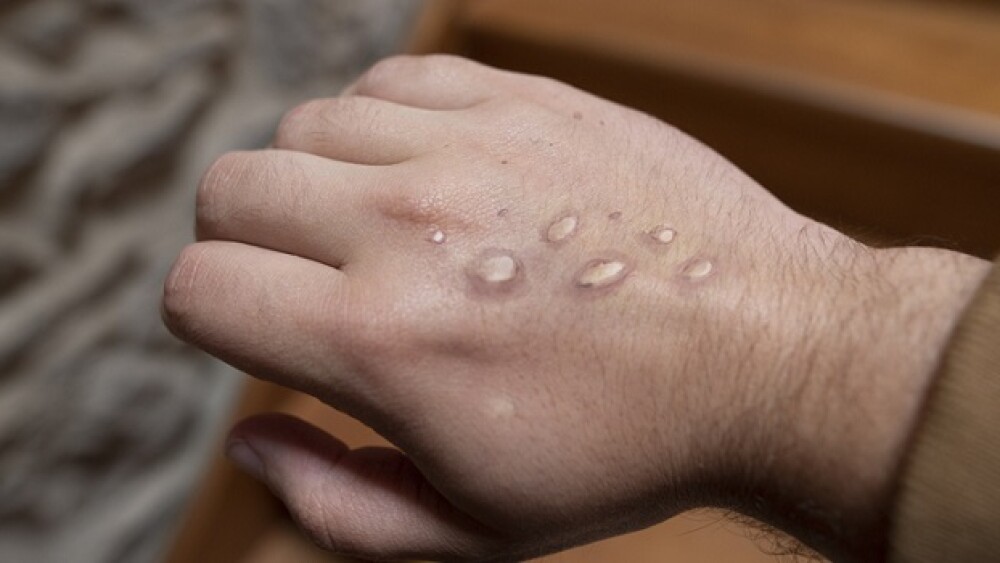Cases of monkeypox are growing at an alarming rate and Bavarian Nordic, the company that owns one of the two approved vaccines, may no longer be able to keep up.
Cases of monkeypox are growing at an alarming rate and Bavarian Nordic, the company that owns Jynneos, one of the two approved vaccines, may no longer be able to keep up, according to a report by Bloomberg.
“Demand keeps rising and it’s no longer certain that we can continue to meet the demand we’re facing even with the upgrade of our existing manufacturing site in Denmark,” Rolf Sass Sorensen, a Bavarian Nordic’s vice president, said in a statement.
To try and match the rapid rise in demand, Bavarian Nordic is looking to outsource some of its manufacturing processes, though nothing is set in stone as of yet. While the company has previously been confident that it could deliver on all Jynneos orders, it concedes that it may now need help.
In particular, it is looking to pass some bottling, labeling and packaging steps to U.S. firms, according to a New York Times report. But because even these final production process steps are highly technical and specific, setting up could take months.
If demand continues to greatly outpace supply, Bavarian Nordic may also need to consider a technology transfer to other manufacturers, allowing it to carry out other manufacturing steps, not just the bottling. The company had previously shied away from this option, saying that technology transfers are too time-consuming and resource intensive.
The Danish pharma manufactures Jynneos, a live but non-replicating Vaccinia virus shot initially developed for smallpox. In 2019, the FDA also gave Jynneos the greenlight for monkeypox in adults 18 and older. The shot is given in two doses four weeks apart and reaches its maximum protective effect 14 days after the second injection.
The other vaccine available is Sanofi’s ACAM2000, which was also designed after the smallpox virus. However, this shot is known to carry many more side effects than Jynneos and has more contraindications. ACAM2000, for example, isn’t safe for people on immunosuppressive medications, including those who live with HIV, while Jynneos is. This has led to stronger demand for Bavarian Nordic’s vaccine.
According to the U.S. Department of Health and Human Services, there are currently 1.1 million Jynneos vials available, of which more than 630,000 have already been shipped to respective jurisdictions. The United States is expecting another shipment of some half-a-million doses to arrive later this year. But even then, the country’s supply will still fall short of the estimated 3.5 million doses officials say are needed to fight the outbreak. The U.S. has standing orders for 5.5 million doses, though most are not expected to arrive until next year.
While waiting for the shipment - and for Bavarian Nordic to bolster its manufacturing capacity - authorities have had to stretch what few Jynneos doses they have. Last week, the FDA issued an emergency use authorization, allowing the vaccine to be injected intradermally (rather than subcutaneously) at one-fifth of the typical dose volume. This, according to the regulators, “will increase the total number of doses available for use by up to five-fold.”
Meanwhile, Democratic lawmakers have called on President Biden to invoke the Defense Production Act in light of the country’s critical shortage of shots. The act allows the president to issue an executive order compelling private firms to prioritize the development of supplies in need.






